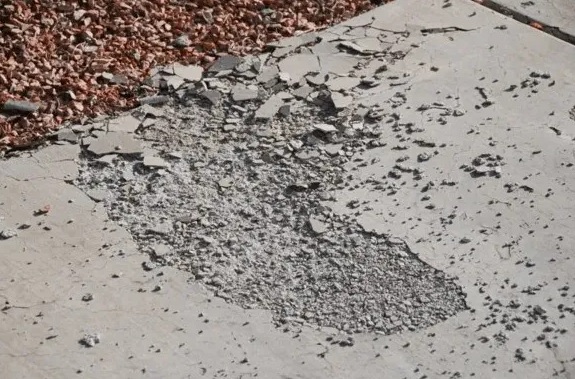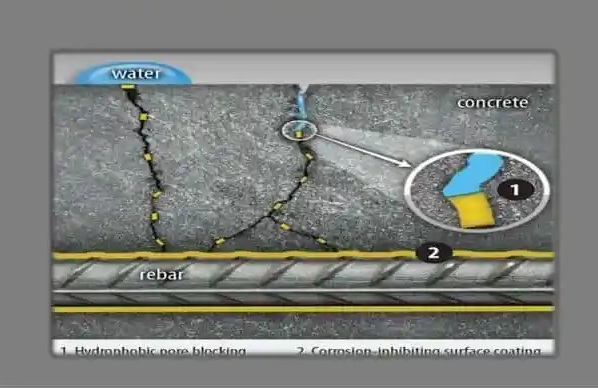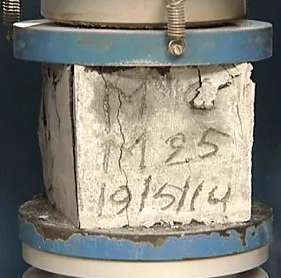It is important to determine the effects of excess water in concrete. Too much water in the concrete mixture makes it easier to lay concrete, but it also reduces the quality of the overall concrete product.
The adverse effects of having too much water in a concrete structure are very common, and this article outlines the effects of having too much water in concrete.
Table of Contents
Effects of Excess Water in Concrete Mixture
Here are some common effects of high water in the concrete mix.
- Reduced durability
- Dusting
- Scaling
- Increase in permeability
- Loss of abrasive resistance
- Drying shrinkage
- Strength Reduction
Let’s take a look at what they are.
1. Reduced durability
For the manufacture of durable concrete, it is necessary to choose the right water-cement ratio. Choosing a lower water/cement ratio will help produce stronger concrete. For stronger concretes, air entrainment additives can be used to increase strength at low moisture content.
2. Dusting
Dusting is a defect in concrete that occurs when excess moisture in the concrete mixture pushes the fine aggregate upwards as a result of curing. This leaves a fine loose powder that will settle on the concrete surface. This effect is called dusting.
3. Scaling
Too much water in the concrete can cause scale to form in the concrete. This removes the top layer of the concrete surface. This is due to the effects of water and freezing and thawing.

4. Increase in permeability
After the excess moisture in the concrete evaporates, porous cavities form in the hardened concrete. The resulting porous cavity absorbs water and makes the concrete structure permeable.

5. Loss of abrasive resistance
The wear resistance of concrete is directly proportional to its strength. The excessive presence of moisture in concrete reduces the strength of the concrete and reduces its abrasion resistance.
6. Drying shrinkage
Drying shrinkage of concrete can be caused by excessive moisture. This causes the concrete to weaken its tensile strength and, consequently, to crack on the concrete surface.

7. Strength Reduction
Compressive strength is one of the main properties of concrete, and excessive water reduces the compressive strength of concrete. Excess water does not participate in the hydration process and remains in the concrete after curing.

